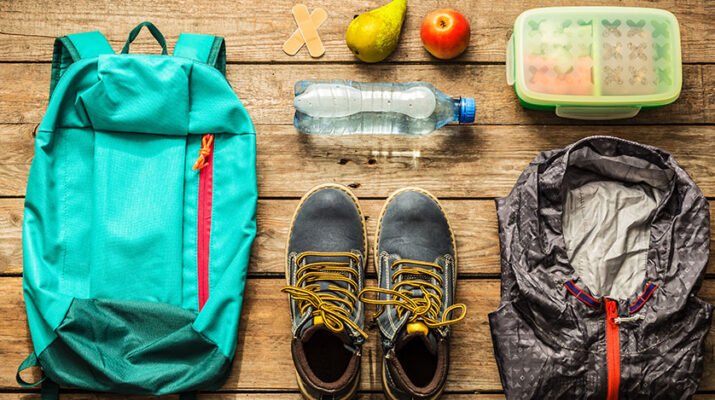Parents are encouraged to carefully review the camp’s COVID-19 protocols before sending a child to camp
By Deborah Jeanne Sergeant
Sunny days spent exploring the outdoors, learning new skills and undertaking new challenges are all part of the summer camp experience.
COVID-19 shut down overnight camps last year while day camps operated much differently than in 2019. The 2021 camping season should include overnight camps and day camps with a few protocols.
Physician Steven Blatt, SUNY Upstate professor of pediatrics, and director and medical director of the general pediatric division, has been consulting with a camp about reopening.
“As with everything, and school is a good analogy, this is about the tradeoff of a wonderful experience for kids versus the restrictions and risks that come with putting kids together,” Blatt said. “The goal is to provide something good but we need to do it safely to minimize risk.”
Blatt thinks day camps may provide a setting closer to a school setting, contrasting that of an overnight camp where children will spend far more time together and some of that less supervised.
Going to a summer camp within New York may be a good idea this year. Other states abide by different COVID-19 protocols than New York. In addition, should an outbreak occur and the camp sends children home, a spontaneous couple hours’ drive is easier than arranging cross-country travel.
Susie Lupert, executive director of The American Camp Association of New York and New Jersey based in New York City, said that her organization bases its recommendations to camps on their respective state’s guidelines.
“We’re in a little bit of a holding pattern,” she said in mid-May. “We’re working with the governor’s office and the Department of Health on ways to open that is safe. We want to make sure our industry can thrive.”
The most conservative guidelines at present include keeping children in dedicated cohorts, such all children who sleep in a particular a cabin or for day camps, chosen groups, who will not mingle with the rest of the camp.
This strategy can limit the reach of an outbreak should one occur.
“For overnight camps, there will likely be testing protocols and for day camps, daily health screenings,” Lupert said. “There will likely be various cleaning protocols throughout the day.”
Last summer, day camps opened in New York and experienced very few issues. However, overnight camps did not open.
Lupert said that this year, there will likely be masks worn while indoors and in a larger group.
“Anyone eligible should receive the vaccine,” she added.
She recommends that parents send their children only to camps accredited with the American Camp Association and licensed by the New York State Department of Health.
“That’s a better level of security that a camp is dedicated to the safety and health of their campers,” Lupert said. “They have to have medical staff and have Department of Health representatives who check on them before and during camp.”
While the Centers for Disease Control and Prevention offers guidelines for camps on its site, it is up to camps to follow New York State guidelines for how they operate this summer.
“Children need to be outdoors, have social interactions, get away from screens and have a great time,” Lupert said. “It’s of the utmost importance to get them into new and challenging situations. Mental health issues are on the rise, as is obesity. We know it’s a result of children being locked indoors for the better part of a year. Going to camp really can be an antidote to what they have experienced and encourage them to be more active for the rest of the year.”
To read the New York State Department of Health’s general guidelines for children’s camps, visit https://www.health.ny.gov/publications/3603. The Centers for Disease Control and Prevention’s guidelines on COVID-19 and camping are at www.cdc.gov/coronavirus/2019-ncov/community/schools-childcare/summer-camps.html.

